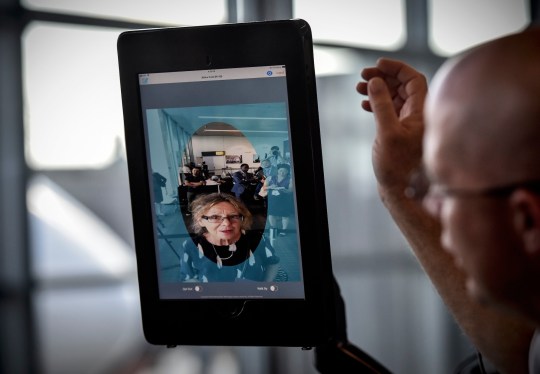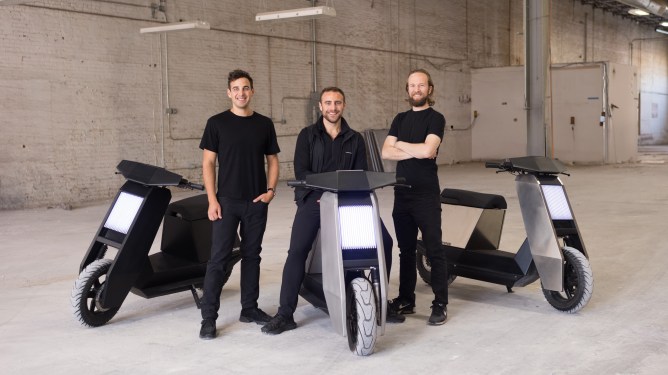As the world becomes increasingly dependent on technology, one aspect that has gained significant attention is facial recognition. The use of facial recognition technology in various settings, including airports, has raised concerns about privacy and security.
The Rollout of Facial Recognition Technology at U.S. Airports
More than 230 U.S. airports have already implemented facial recognition technology, according to the website of the U.S. Customs and Border Protection (CBP), the federal agency responsible for border security. While the government claims that facial recognition reduces paper tickets and can be more efficient for travelers, there are technical problems and reliability issues plaguing the initial rollout.
The Imperfect Nature of Facial Recognition
Independent testing has called into question the efficacy of facial-recognition algorithms that performed less well on non-white faces. This raises concerns about racial bias and the potential for misidentification. The government’s justification for using facial recognition, namely to enhance security, is not without merit. However, it is essential to acknowledge the limitations and flaws in this technology.
Privacy Concerns
The collection of facial-recognition data by airlines and its subsequent sharing with the government raises significant privacy concerns. While U.S. citizens can opt out of these face-scan checks, the process may not be as straightforward as some might expect. Signs indicating the availability of opting out are often missing or hidden from view.
Opting Out: A Right for U.S. Citizens
According to CBP’s website, U.S. citizens can request alternative processing, which typically involves a manual review of their travel documents by a border agent. However, this process may require multiple attempts and notifications. Only U.S. citizens and permanent residents (known as green card holders) can opt out of facial recognition on departing international flights.
Exceptions and Limitations
Canadian citizens who do not require a visa to enter the United States and overseas diplomatic visa holders are exceptions to the rule. For Americans (and permanent residents), opting out is a right, even if it is not always clear or obvious based on what they see in the airport.
The Digital Rights Group’s Perspective
The Electronic Frontier Foundation has emphasized that being vigilant is key to opting out of face recognition. In an era where technology seems to be increasingly omnipresent, awareness and education about one’s rights are crucial.
Government Response and Public Awareness
As facial recognition continues to be implemented in U.S. airports, lawmakers have raised concerns about racial bias and the potential for abuse. Amazon’s facial recognition software has been accused of being racially biased, sparking a debate about its use. While some argue that technology can improve security, others emphasize the importance of balancing efficiency with individual rights.
Conclusion
The use of facial recognition technology at U.S. airports raises concerns about privacy and security. While technical problems and reliability issues plague the rollout, it is essential to acknowledge the limitations and flaws in this technology. The right to opt out for U.S. citizens must be respected and clearly communicated. As the world becomes increasingly dependent on technology, awareness and education about individual rights are crucial.
Recommendations
- Clear Communication: Airports should provide clear signage indicating that U.S. citizens can opt out of face-scan checks.
- Transparency: Airlines and government agencies must be transparent about the collection and sharing of facial-recognition data.
- Public Awareness: Educational campaigns should highlight the importance of being vigilant in protecting individual rights in an era of increasing technological dependence.
Related Resources
Additional Reading
- "Facial Recognition: A Growing Concern for Privacy and Security" by TechCrunch
- "The Imperfect Nature of Facial Recognition" by Wired Magazine
Stay informed about the latest developments in facial recognition technology and its implications for individual rights and security.
Follow us on social media to stay up-to-date on the latest news and analysis:
- Twitter: @[handle]
- LinkedIn: @[company-handle]
Do you have any questions or topics you’d like to discuss? Please feel free to ask.




